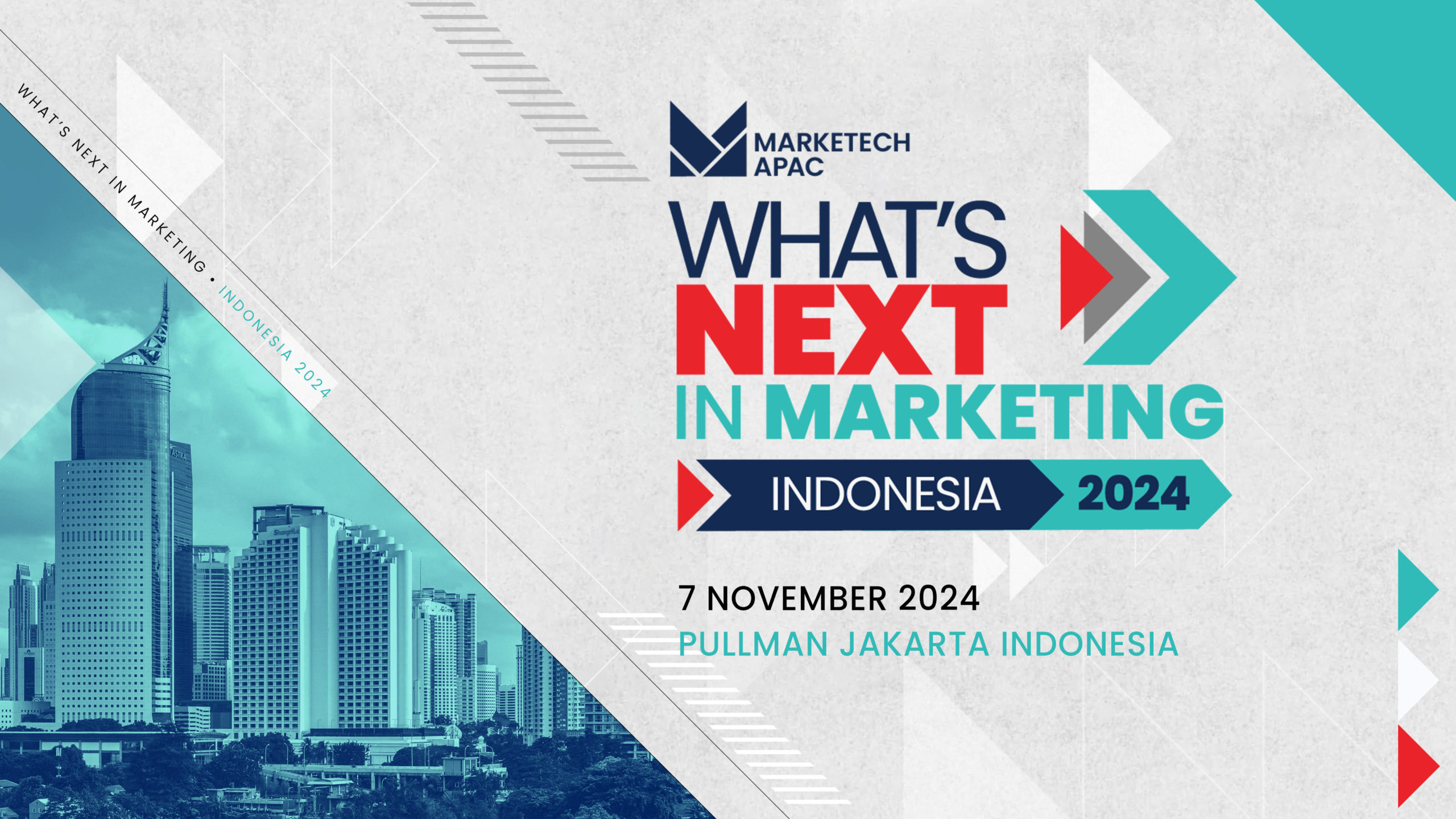Explaining to marketers that artificial intelligence (AI) is transforming the way they execute marketing campaigns and how they interact with customers is an unnecessary endeavour. Pretty much every industry has either already widely adopted the technology, or is in the process of weaving it into its current technology stack.
The question we should endeavour to ask, though, is how marketers can make the most of AI, and what they should prepare for as 2025 is fast approaching.
A significant area of interest is AI-generated content. It offers immense value both from an efficiency and customer engagement perspective, but also raises concerns: how much can we give to AI? What is the place of us humans, particularly marketers in the equation? How to ensure accuracy and an ethical use of AI?
These considerations will be crucial as marketing strategies and technology investments for 2025 take shape.
What’s Next in AI-Generated Content
Thanks to AI, we have really entered an era where content is king. Tools, driven by AI, not only enhance content creation but are also changing how content is delivered.
The last decade saw marketers focus on using data-driven technologies to improve personalisation. What we are now entering is an era of AI-driven hyper-personalisation, where customer experiences are tailored to individual preferences using vast amounts of data.
By harnessing AI, marketers can understand individual preferences, behaviours and context. They can recommend tailored products, predict customer needs and automate responses. Those seamless, hyper-personalised experiences are what will keep customers coming back and engaging more with their favourite brands.
Four Ways AI Will Impact Content for Marketers
- Deeper personalisation at scale, tailored to each user – Еxamples of this include customised homepage content based on past purchases and browsing history, product recommendations matching user profiles, personalised search results ranked by relevance to the individual, email and push notification content tailored to past responses, chatbots providing personalised answers based on context, and next best action recommendations to enhance the customer journey.
- Faster, smarter content creation, localisation and omnichannel publishing – AI is an incredibly handy tool for automating content generation, including suggesting topics and headlines, rewriting content for different formats, or writing full articles using natural language generation (NLG). More and more, this will also apply to images and video assets, which can help marketers provide even richer content. The latest tools can also advise on when to publish, and which channels make the most sense based on trends, behaviour and competitors.
- More relevant search results and chatbot interactions – By implementing natural language processing and voice search, marketers can allow customers to find information in an intuitive, conversational way. Voice search is the next big thing to come out of AI, allowing users to speak their search queries out loud, which will create a more human-like search experiences, leading to higher satisfaction and engagement.
- Actionable analytics to guide better content decisions – Мore and more, AI will help optimise content for better performance by analysing and providing recommendations for titles, descriptions, keywords and other elements. This will ultimately also help improve search engine rankings. AI can also identify areas that need improvement before publishing, while NLP techniques can help analyse user-generated content (comments, social media discussions, feedback) to understand sentiments and preferences.
Governance and human oversight: three tips for a sustainable use of AI
The increasing use of AI demands greater responsibility. While AI tools can enhance user engagement and efficiency, careful governance and human oversight are crucial as the technology rapidly evolves.
- Avoiding AI hallucinations – Retrieval Augmented Generation (RAG) combines GenAI with detailed, relevant data to deliver accurate, reliable and useful insights. RAG is a technology that provides much needed context and insight to decrease the chances of hallucinations, improve accuracy and reduce costs.
- Maintaining messaging and brand control – Using AI algorithms that generate content based on that data can result in messaging that doesn’t align with a brand’s values, personality or voice. Establishing clear guidelines and implementing review processes can ensure consistent messaging that reflects the brand’s values. It could be done by developing specific rules for the types of content that can be generated, or defining the boundaries for AI-generated content usage.
- Ethical and legal implications – AI-generated content may be susceptible to bias or discrimination, especially in sensitive industries like healthcare or finance where accuracy and transparency are critical. Marketers need to collaborate with legal and regulatory experts so they can develop guidelines that guarantee that their use of AI complies with relevant laws and regulations, and avoid potential legal issues.
2025 has the potential to be an incredible year for marketers who understand the potential of AI, and how to use the technology effectively. However, they need to remember that AI is not a magic wand. It requires thoughtful planning, robust data infrastructure and ethical considerations.

This thought leadership is written by Jay Sanderson, Senior Principal Customer Architect at Progress
The insight is published as part of MARKETECH APAC’s thought leadership series under What’s NEXT in Marketing 2024-2025, a multi-platform industry initiative which features marketing and industry leaders in APAC sharing their marketing insights and predictions for the upcoming year.







